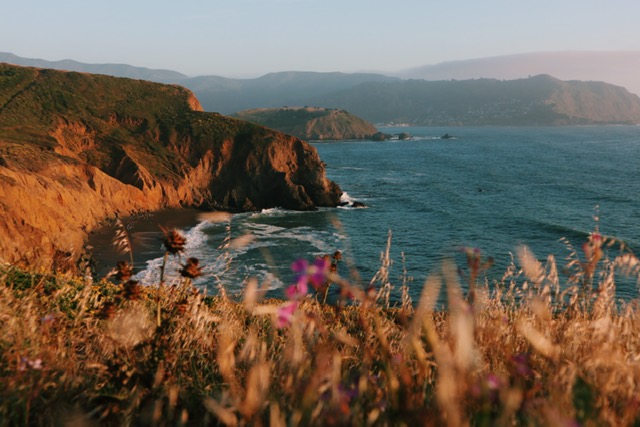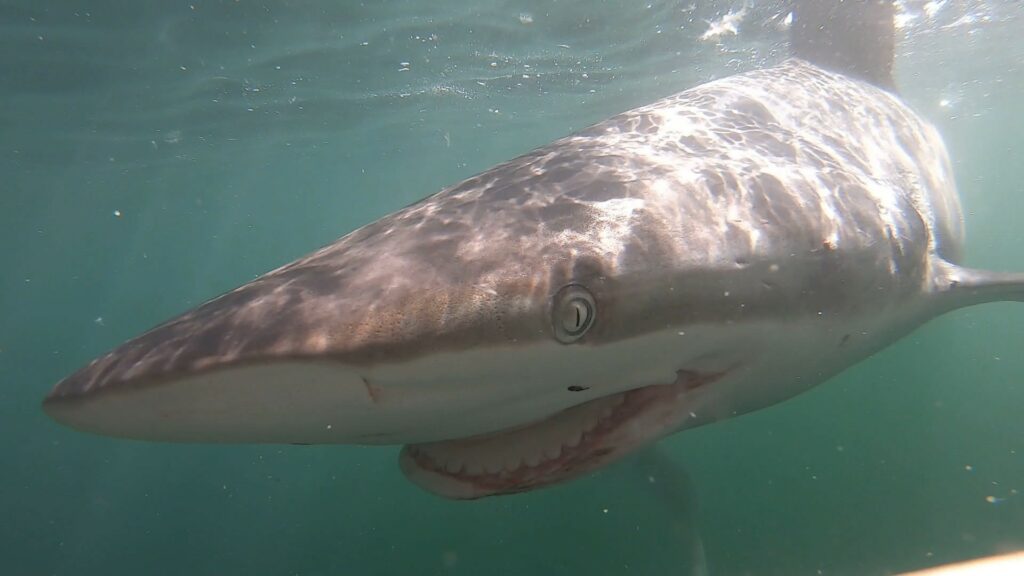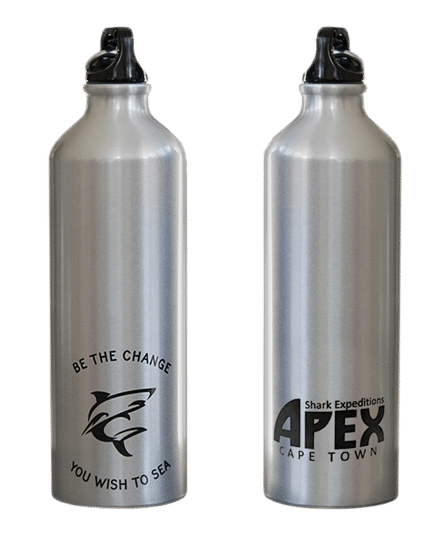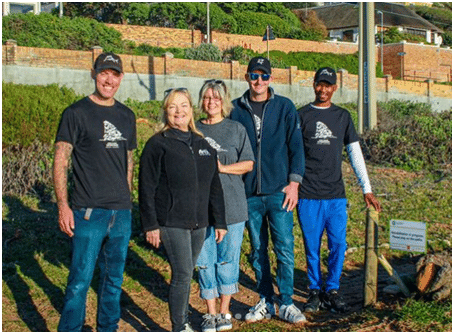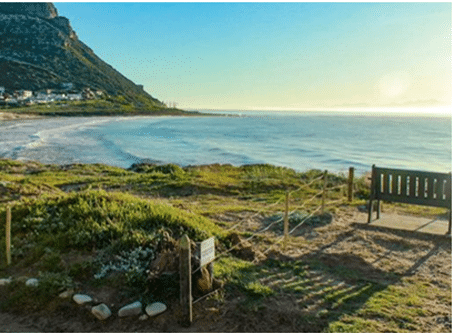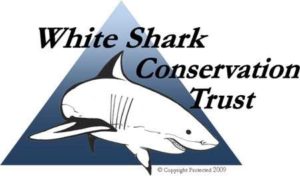Shark Research and Conservation Program at The University of Miami
Directed by Dr Neil Hammerschlag, the Shark Research & Conservation Program (SRC) at the University of Miami conducts cutting-edge shark research while also inspiring scientific literacy and environmental ethic in youth through unique hands-on field research experiences.

